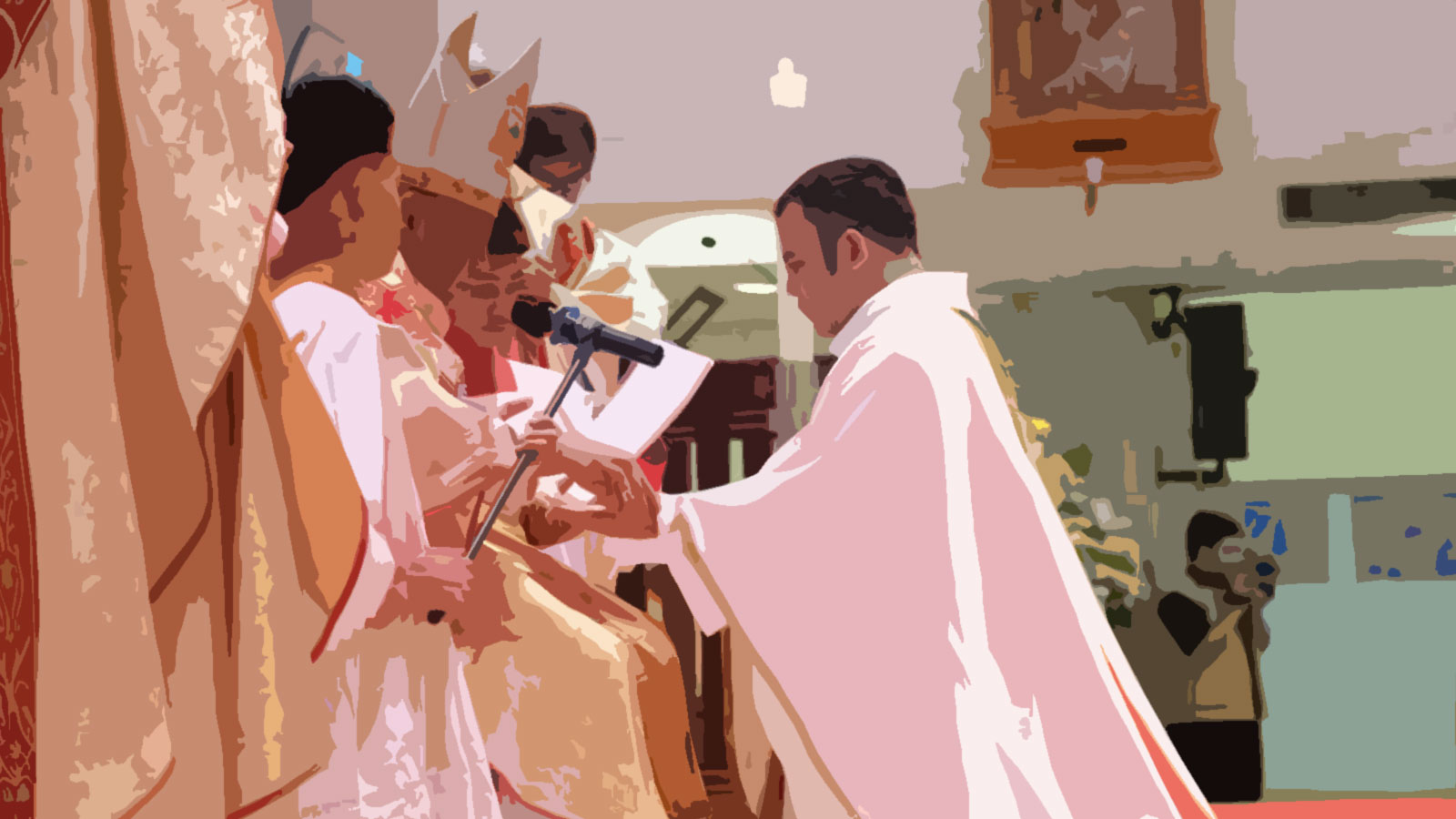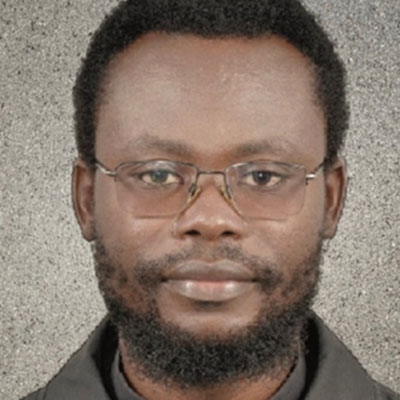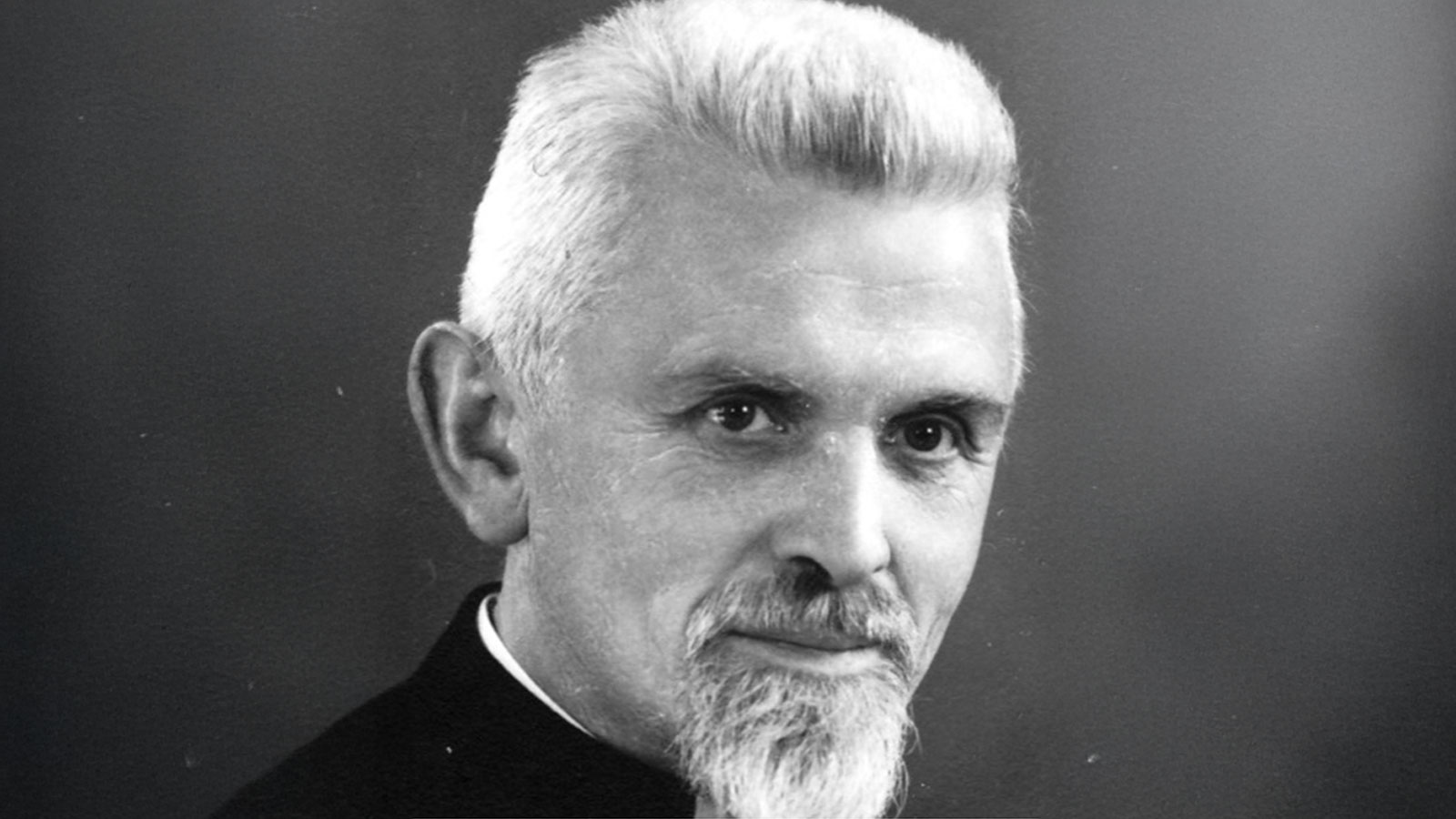 By Jacques Thomas, cicm
By Jacques Thomas, cicm
Missionary in Belgium
The first session of the universal phase of the Synod has been taking place in Rome since September 29. This was preceded by meetings at the level of communities, parishes, dioceses, bishops' conferences, and continents. The diocesan phase coincided with our preparations for the General Chapter in June 2023, which unfortunately meant it took a back seat.
Synod and the Synodal Process
The very theme of the Synod could be defined as follows ... "for a synodal Church". This is no mere play on words. The practice of Synods was introduced in the wake of Vatican II, with the desire to involve dioceses and episcopal conferences more closely in reflecting on specific significant themes. However But practical implementation has only sometimes lived up to expectations. I remember a joke by Father Peter-Hans Kolvenbach, then Superior General of the Jesuits, who had the luxury of being invited to all Synods, including the special Synod for Lebanon, because he had been a missionary there. He said, "What I can say about all the Synods I've taken part in is that, in fact, the outcome was already known in advance." In fact, having taken part in the 1994 Synod for Africa myself, I noticed that some of the more daring reflections never made it past the small discussion groups and onto the Assembly table. What could have been the subject of controversial debate was discreetly relegated to the back burner.
An Open and Dynamic Process
Things have changed. Pope Francis wanted the dynamic to be as open as possible and wanted everyone to be able to express themselves freely. That's why today, no one can predict outcome. To allow time for the process to mature, he even decided that this universal phase would take place in two stages and postponed the final part until 2024.
All commentators agree that this Synod is, in fact, no more than the reactivation of a dynamic initiated by the Second Vatican Council, which has so far not been sufficiently developed or exploited. As Cardinal Jozef De Kesel said in his October 2022 pastoral letter concluding the diocesan phase of the Synod: "If Pope Francis touches the hearts of so many people, it's also because he picks up the thread of the Council and the questions that arose then." But even more than the results, the way of being Church is at stake.
The synodal dynamic is a combination of participative and respectful listening, a never-ending process. The cardinal added: "It's wrong to believe that now that the synodal process is behind us, we can simply wait for results from 'above'. We've learned something that will always be important: we've learned to listen to each other. Not only were we able to say everything we thought was important for the Church and its future, but we also listened to what others had to say on the subject. Listening, entering dialogue, discerning together what is important for the Church and what the Spirit is asking of us - this is the path we have travelled. There can be no dialogue without listening. Entering dialogue is more than just being right as quickly as possible. Listening to each other and discerning together isn't just important for getting results, they're part of the goal we want to achieve."
The Diocesan Phase
Several trends have been highlighted at the level of the Archdiocese of Michelin-Brussels, I want to highlight two of them. Firstly, the need for a Church that, while aware of the radical nature of the Gospel, but with a great deal of tenderness and mercy, does not want to exclude anyone. Pope Francis this confirmed at the World Youth Day (WYD) in Lisbon, repeatedly hammering home the word: ALL. There's also a strong desire for a less clerical Church that gives women an equal place. At the closing celebration of the diocesan phase in the Koekelberg basilica, this was illustrated by an entrance procession in the image of the people of God: adults and children, men and women, young and old, able-bodied and disabled in wheelchairs. That's why I regret the image the Church gave itself on the main square in Mechelin, in front of the terraces filled with an amused public, during the ordination of the new archbishop: a long procession of several hundred priests, flanked by a dozen bishops with mitres, while lay collaborators and pastoral assistants, men and women, waited in the cathedral. It was a missed opportunity to show the world a new face of the Church, less masculine and clerical. This invites us to reflect more deeply on age-old practices, which are certainly valid, and we take for granted but do not bring the renewal we claim.
The Continental Phase
The continental phase, in which lay people and not just bishops took part, brought to the fore a diversity of sensibilities and approaches, including among European churches. This makes us realize that our way of seeing things in our hyper-secularized society is not to be generalized or imposed, and this principle will also apply to the diversity of realities at the level of continents and the whole Church.
Diversity, a Sign of Vitality
As the cardinal says: "It's obviously impossible to meet every expectation. The final report from our diocese gives a good account of what's going on in the Christian community, but it also shows that not everyone thinks the same way or has the same expectations. Expectations vary, as do options as to the path to follow. We have to learn to live with this fact. That’s even a good thing. It's important for everyone in the Church to be able to say what they think. Diversity as such is not a threat to unity, but a sign of vitality. ... But no one should believe that the next Synod, and the synodal process that precedes it, will be a success unless his own conceptions and expectations have prevailed."
The synodal dynamic knows no end. In fact, it is destined to become a permanent way of working. We already had some experience of this in our religious Congregations, particularly in preparing ourChapters, with our Provincial and Regional Assemblies, not forgetting the valuable and always relevant work of the Pre-capitular Commission. But this synodal dynamic can inspire us even further: Chapters are not terms in themselves. We look forward to the publication of the Acts of the Chapter to continue to share and reflect while listening to each other and respecting our different sensitivities.
Source : Chronica No. 5 2023








